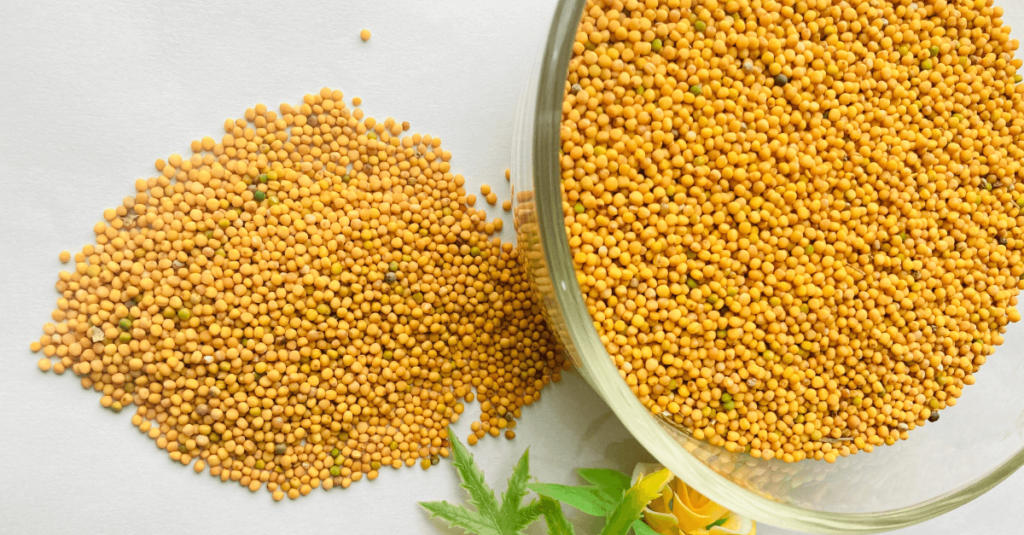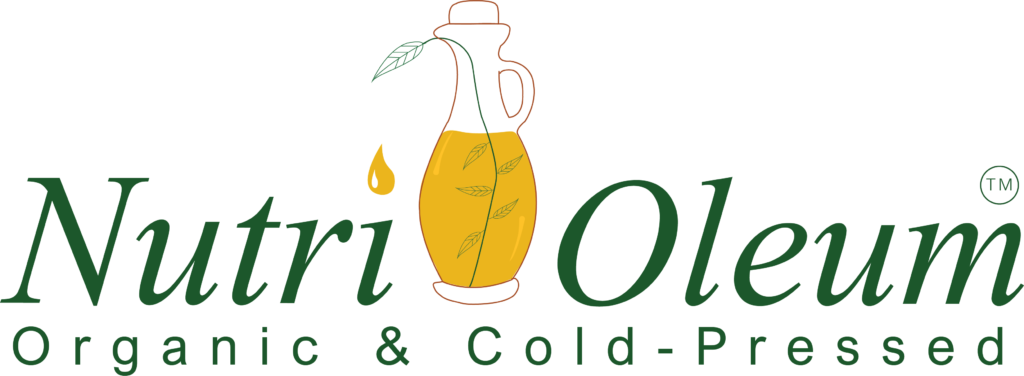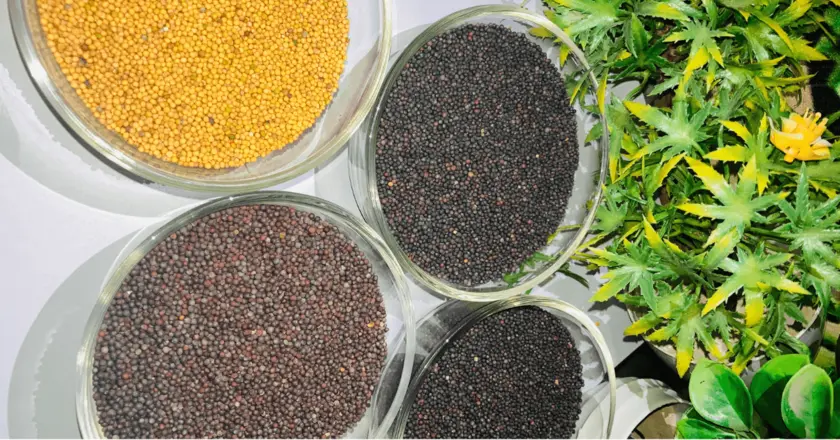Process of extraction of seeds:
Refined oil:
Refined oil is not suitable for health. It is extracted at very high temperatures, causing all the essential nutrients to disappear. Many chemicals and preservatives are added to the refined oil to increase its shelf life. Refined oil is nothing but liquid plastic, which is dangerous for your health.
Defects of Refined Oils:
Refined oil, whether mechanically or chemically processed, goes through high heat and chemical solvents, which strip away natural nutrients and antioxidants in seeds. Mechanically refined oils use heat during the oil press, while chemically refined oils use heat and solvents like hexane. After extraction, the oil is heated to remove hexane, then undergoes bleaching and deodorizing. Chemically processed oils are efficient but less healthy, as they hide lower-quality ingredients and cost less. Unfortunately, these methods remove beneficial nutrients, resulting in an inferior product.
5 Methods of extraction oil:
Degumming:
Degumming is a process used in oil refining to remove natural components called gums or phospholipids. These gums make the oil cloudy and unstable.
During degumming, water and acid are added to the oil. The gums settle at the bottom because the water makes them heavier, and the acid breaks their bonds with the oil.
The purpose of degumming is to make the oil clearer and more stable.
Neutralization:
When caustic soda is added to the oil during neutralization, it reacts with the acids in the oil. This reaction forms soap-like compounds, which play a crucial role in capturing and eliminating the free fatty acids and impurities found in the oil.
Bleaching:
The oil is treated with substances like activated carbon or bleaching clays in the bleaching process. These substances help remove the oil’s impurities, pigments, and unwanted flavors.
The bleaching agents attract and absorb the impurities and pigments, making the oil cleaner and clearer. This process also helps eliminate unpleasant tastes or odors, producing better-quality oil.
Winterization:
Winterization is used for oils that become solid or form waxy crystals in colder temperatures. It involves cooling the oil to form crystals and filtering to separate the solid waxes from the liquid oil.
Deodorization
Deodorization is the final refining step. It heats the oil at high temperatures under a vacuum to remove any remaining odor compounds. This improves the oil’s flavor and makes it more enjoyable to consume.
The Cold-Pressed Mustard Oil Extraction Process:
The method of making cold-pressed mustard oil involves grinding cleaned and graded mustard seeds into a paste, pressing the paste using a hydraulic or screw press to extract the oil, filtering the extracted oil to remove impurities, and storing and packaging the filtered oil without using any heat or chemicals to preserve its natural flavor, aroma, and nutrients. The nutrients mustard oil has only be kept if it’s cold-pressed as the oil is extracted at a low temperature without disturbing the natural nutrients of the oil.
Nurturing Nutrients in Cold-Pressed Mustard Oil:
Cold-pressed mustard oil is one such which is 100% pure and free of any chemicals and preservatives.
So before moving to the next information. All you need to know about important nutrients for your body.
In today’s world, it is important to have a healthy lifestyle. But the problem is that you need more time to know which product is more beneficial for your body. You work all day long, so you need to take care of your body first. You must know what to eat and avoid to live a healthier life.
Every good product has its cheap copy. The same is the case for mustard oil.
Canola Oil from Rapeseed Family
Mustard oil is derived from dark brown mustard seeds with a rich hue and intense flavor.
Black and dark purple-black seeds belong to the rapeseed family, from which canola seeds are used to extract healthy canola oil. Rapeseed, a hybrid seed of mustard, has a lower oil extraction value than brown mustard. On the other hand, Canola oil, also known as Hyola, is known for its health benefits and is widely used in cooking.
The Rise of Yellow Seed Mustard Oil:

As people learn its benefits, many vendors also start selling yellow seed mustard oil because it has higher extraction value.
The Quest for Quality:
- High-quality mustard oil is crucial for enjoying its flavor and reaping health benefits.
- Hyola mustard oil ensures you obtain its authentic essence and nutritional value.
Key Indicators of Authentic Mustard Oil:
- Genuine mustard oil should have an intense aroma, a deep yellow color, and a rich, distinct taste.
The Risks of Using Cheap Mustard Oil:
- Using cheap mustard oil having high Erucic acid can expose you to potential health consequences.
Potential Health Consequences:
- Prioritizing your health means being cautious about your chosen products, especially regarding cooking oils.
The Flavorful Essence of Cold-Pressed Oils:
In contrast, cold-pressed oils are made mechanically without heat or chemicals. The oil settles naturally, separating remains, and then it’s bottled. The resulting oil retains vitamins, nutrients, and flavor.
NUTRIOLIUM Cold-Pressed Mustard Oil:
NUTRIOLIUM Oil is cold pressed and unrefined, preserving the benefits of being delicious, heart-healthy, and antioxidant-rich. You’ll see commitment on the label and taste it in the product.







